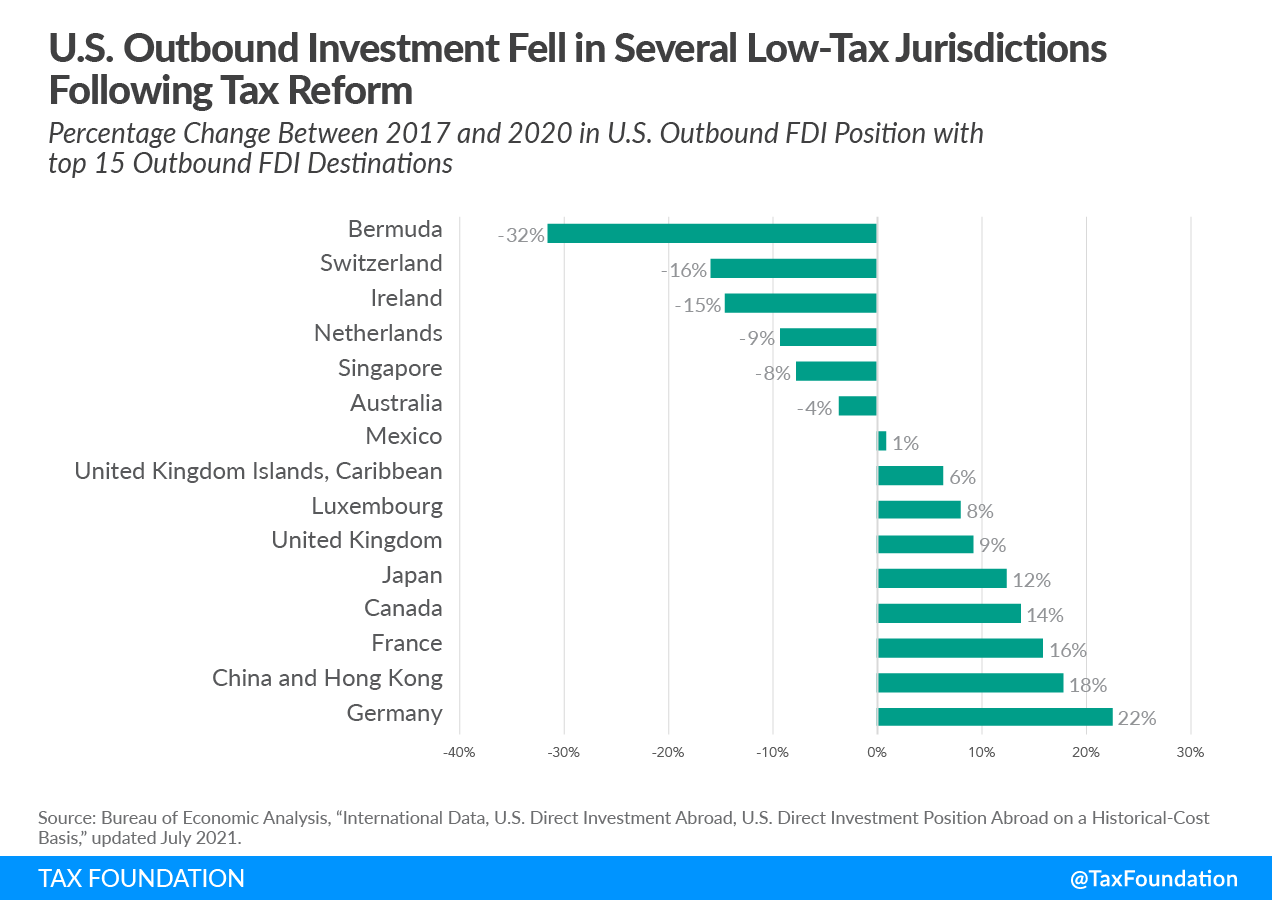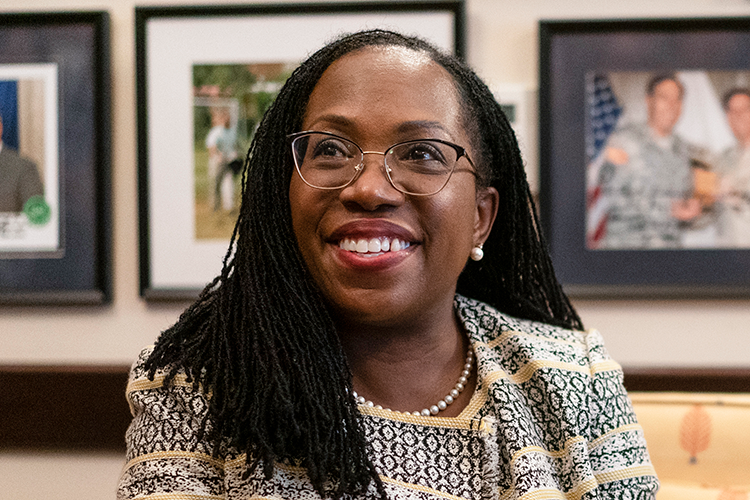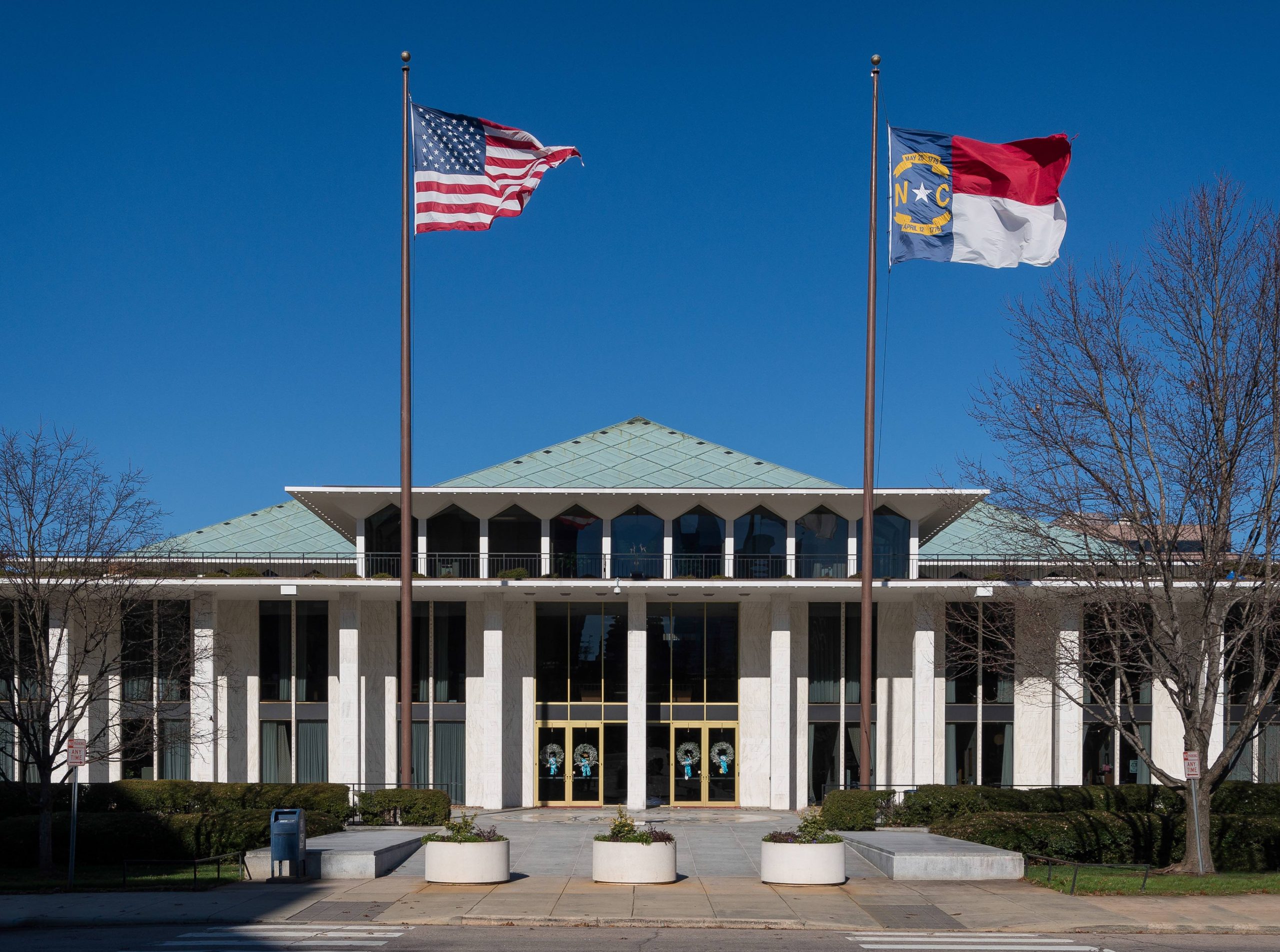“Clean-up” conference prompts three new grants, lots of separate writings
SCOTUS NEWS
on Jun 30, 2022
at 6:44 pm
Before departing for the summer recess, the justices on Thursday issued orders from their private conference the day before. That conference was not one of the justices’ regularly scheduled conferences; instead, it was what is sometimes referred to as the “clean-up” conference, an opportunity for the justices to dispose of the petitions for review that have been on hold until the justices issue opinions in cases presenting similar issues.
The justices issued five pages’ worth of orders, sending cases back to the lower courts for another look in light of their decisions in cases like Dobbs v. Jackson Women’s Health Organization and New York State Rifle & Pistol Association v. Bruen, on abortion and gun rights, respectively. The justices also added three new cases to their merits docket for the upcoming term and denied review in over a dozen others.
Grants for the 2022-23 term
The highest-profile petition granted on Thursday was Moore v. Harper, an election case from North Carolina in which the justices will weigh in on the “independent state legislature” theory, the idea that state legislatures have the sole power under the Constitution to regulate federal elections, without interference from state courts. (That case is discussed in more detail in this article.)
The justices also agreed to take up two different cases involving the federal fraud and bribery statutes. In Percoco v. United States, they will decide whether a private citizen who can influence government decision-making owes a duty to the public, so that he can be convicted of bribery. The question comes to the court in the case of Joseph Percoco, who served as the campaign manager for the re-election campaign of then-Gov. Andrew Cuomo, a Democrat from New York. A developer in the state, Steven Aiello, paid Percoco $35,000 to lobby a state agency to allow Aiello’s company to receive state funding without entering into an agreement with a local union. Percoco was sentenced to six years in prison.
In Ciminelli v. United States, the justices will decide whether a defendant can be convicted under the federal wire-fraud statute based on a “right to control” theory – that is, failing to share information that is valuable in making business decisions. The question arises in the case of Andrew Ciminelli, the owner of a construction company who was sentenced to 28 months in prison for his role in rigging the bidding process for a development project in the Buffalo area.
Orders denying review
The justices denied review without comment in seven cases. But their denial of review in several other cases spawned a variety of separate opinions addressing or dissenting from the court’s orders.
Justice Sonia Sotomayor penned three solo opinions. In the first case, Storey v. Lumpkin, she agreed with the court’s decision to deny the petition filed by a Texas inmate who was convicted and sentenced to death after a trial at which the prosecutor knowingly misrepresented the views of the victim’s family on the death penalty. She wrote that the “posture of Storey’s case renders it a poor fit for this Court’s review,” but she nonetheless criticized the U.S. Court of Appeals for the 5th Circuit’s “overbroad view … of what constitutes” a prohibited second or successive petition for federal post-conviction relief. The lower court’s rule, she suggested, “rewards prosecutors who successfully conceal” their misdeeds until after an inmate has already filed his first petition.
In the second case, Canales v. Lumpkin, Sotomayor dissented from the denial of review in the case of Anibal Canales, who was convicted and sentenced to death for his role in the 1997 murder of Gary Dickerson, who – like Canales – was an inmate in a Texas state prison. In his effort to obtain federal post-conviction relief, Canales argued that his lawyer’s performance during the sentencing phase of his trial was so poor that it deprived him of his constitutional right to counsel. In particular, Canales contended, the lawyer had not presented some of the extensive evidence about Canales’ “horrific” childhood that might have convinced the jury to spare his life, including physical and sexual abuse by both Canales’ father and stepfather and his family’s poverty and homelessness.
That evidence was presented to a federal district court, which agreed that it was “compelling” but nonetheless concluded that the poor performance of Canales’ lawyer had not prejudiced him – that is, that even if he had had a competent lawyer, he still would have been sentenced to death. The 5th Circuit upheld that ruling.
Writing that the “Constitution guarantees fundamental rights even to those who commit terrible crimes,” Sotomayor believed that “there is more than a reasonable probability that the undisclosed mitigating evidence would have led at least one juror to choose life in prison rather than death. The legal errors of the majority below,” she concluded, “are so clear that I would summarily reverse.”
Sotomayor also dissented alone from the denial of review in Cope v. Cogdill, in which the justices had been asked to decide whether jail officials can be sued for failing to intervene to prevent a pretrial detainee from committing suicide.
The lawsuit was filed by the estate of Derrek Monroe, who told jail officials when he arrived that he was suicidal. Monroe was placed in a cell with a telephone with a 30-inch phone cord, which Monroe used to strangle himself while the jailer on duty watched, without calling for help.
The 5th Circuit ruled that jail officials were entitled to qualified immunity because they did not violate clearly established law – the standard for allowing a lawsuit against law enforcement officials to go forward. Monroe’s estate came to the Supreme Court last fall, and on Thursday the Supreme Court turned down the estate’s request to review the 5th Circuit’s ruling.
As in Canales’ case, Sotomayor indicated that she would have summarily reversed the lower court’s decision. “No reasonable officer,” she wrote, “would have stood and watched as a detainee strangled himself to death when a simple, safe, and patently obvious response was available and in fact required by jail policy and” the officer’s training. Qualified immunity should also not be available to the officers who placed Monroe in the cell, she added, when they were aware that Monroe was suicidal.
Justices Stephen Breyer and Elena Kagan joined Sotomayor’s dissent from the denial of review in Ramirez v. Guadarrama, a lawsuit brought by a woman whose husband died after two police officers discharged their tasers at him, even though they knew that he had covered himself in gasoline. The police officers, Sotomayor stressed, “tased” the man “just after they were warned that it would light him on fire.” Here too, Sotomayor wrote, she would have reversed the lower court without additional briefing or oral argument.
Justice Clarence Thomas, joined by Justices Samuel Alito and Neil Gorsuch, dissented from the court’s decision not to take up Dr. A v. Hochul, a challenge to New York’s requirement that health-care workers be vaccinated against COVID-19. The plaintiffs in the case, a group of 16 health-care workers, argued that the mandate violates the Constitution because it allows health-care workers with a medical exemption to remain on the job, while requiring health-care workers who object to being vaccinated for religious reasons to be fired.
The challengers’ religious objections to the vaccine stem from the use of fetal cell lines during the research and development of the COVID vaccines. The fetal cell lines are grown in a laboratory with cells from abortions in the 1970s and 1980s. The vaccines themselves do not contain aborted fetal cells, and the Vatican has expressly indicated that it is “morally acceptable” to be vaccinated.
A federal district court agreed with the challengers and blocked the state from enforcing the mandate, but the U.S. Court of Appeals for the 2nd Circuit reversed that ruling. Over a dissent by three justices, the Supreme Court declined to block the mandate while the challengers filed their petition for review, which they did in February.
Thomas indicated that he would grant review to resolve what he characterized as the “considerable confusion over whether a mandate, like New York’s, that does not exempt religious conduct can ever be neutral and generally applicable,” and therefore less likely to violate the Constitution’s free exercise clause, “if it exempts secular conduct that similarly frustrates the specific interest that the mandate serves.” More broadly, Thomas continued, granting review in Dr. A would have allowed the justices to resolve the question through its normal procedures, rather than in the emergency posture in which other COVID-19 challenges have come to the court.
The most unusual part of Thursday’s order list came with the denial of review in the case of Zenon Grzegorczyk, who in 2014 pleaded guilty in federal court to one count of murder for hire and one count of possession of a firearm in furtherance of a crime of violence. Grzegorczyk was sentenced to 151 months in prison for the murder for hire, and an additional 60 months for the gun charge. As part of his plea agreement, he waived his right to appeal, with the exception of the validity of his guilty plea and his sentence. The Supreme Court later held that the definition of “crime of violence” is so vague that it is unconstitutional.
Grzegorczyk came to the Supreme Court last fall, asking the justices to decide whether he can challenge his conviction on the gun charge through a motion for post-conviction relief, or whether he instead waived his right to do so with his guilty plea. The federal government urged the court to vacate the lower court’s decision and instruct the court of appeals to reconsider Grzegorczyk’s motion for post-conviction relief. The court on Thursday declined to do so, but that decision led to two separate opinions, with five justices signing on to the first one and the remaining four justices signing on to the second one.
Justice Brett Kavanaugh authored a two-page statement regarding the denial of review, which was joined by the chief justice and by Thomas, Alito, and Justice Amy Coney Barrett. Kavanaugh explained that because the court of appeals was correct in holding that Grzegorczyk’s “unconditional guilty plea precluded any argument based on the new case law,” the Supreme Court had no way to invalidate that ruling. But, Kavanaugh continued, the Justice Department has other options if it wants to vacate Grzegorczyk’s conviction or reduce his sentence, such as recommending that the president pardon Grzegorczyk or commute his sentence.
Sotomayor dissented from the denial of review, in an opinion joined by Breyer, Kagan, and Gorsuch. She noted that this was “the second instance this Term in which this Court has refused to” grant review, vacate the lower court’s decision and send the case back for another look, despite “the Solicitor General’s confession of error, in a criminal case with great stakes for the individual” defendant. She agreed that “it would have been preferable for the Government to correct its mistake during the proceedings below,” but she stressed that Grzegorczyk, rather than the federal government, will bear the burden of the government’s mistake.
This article was originally published at How on the Court.






